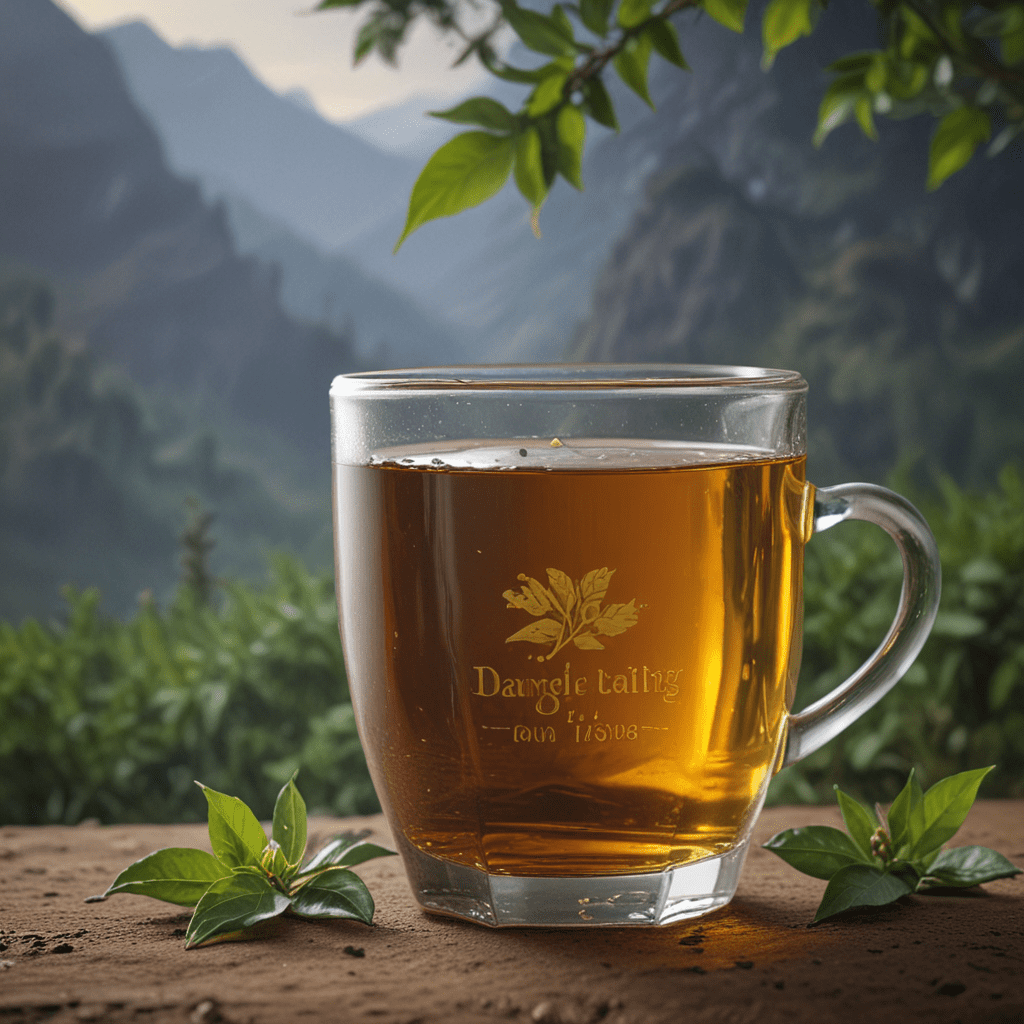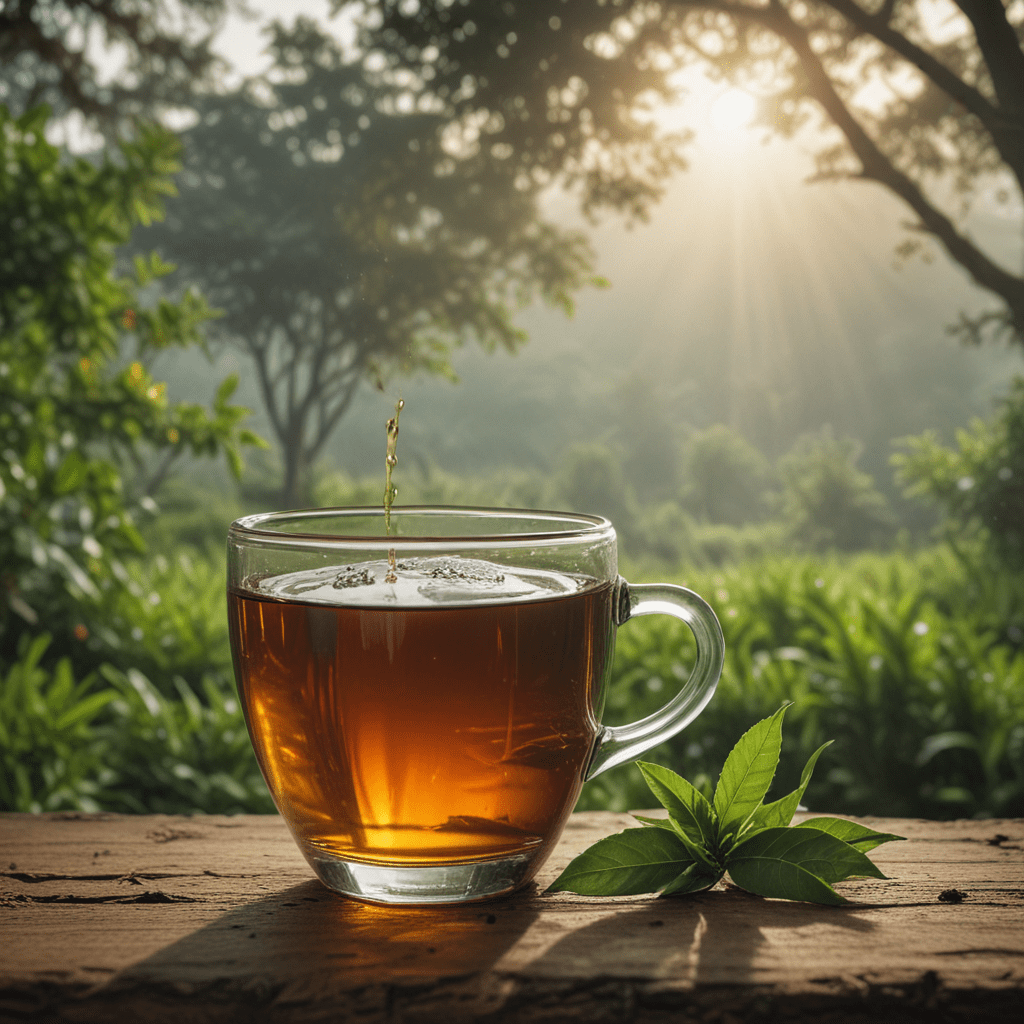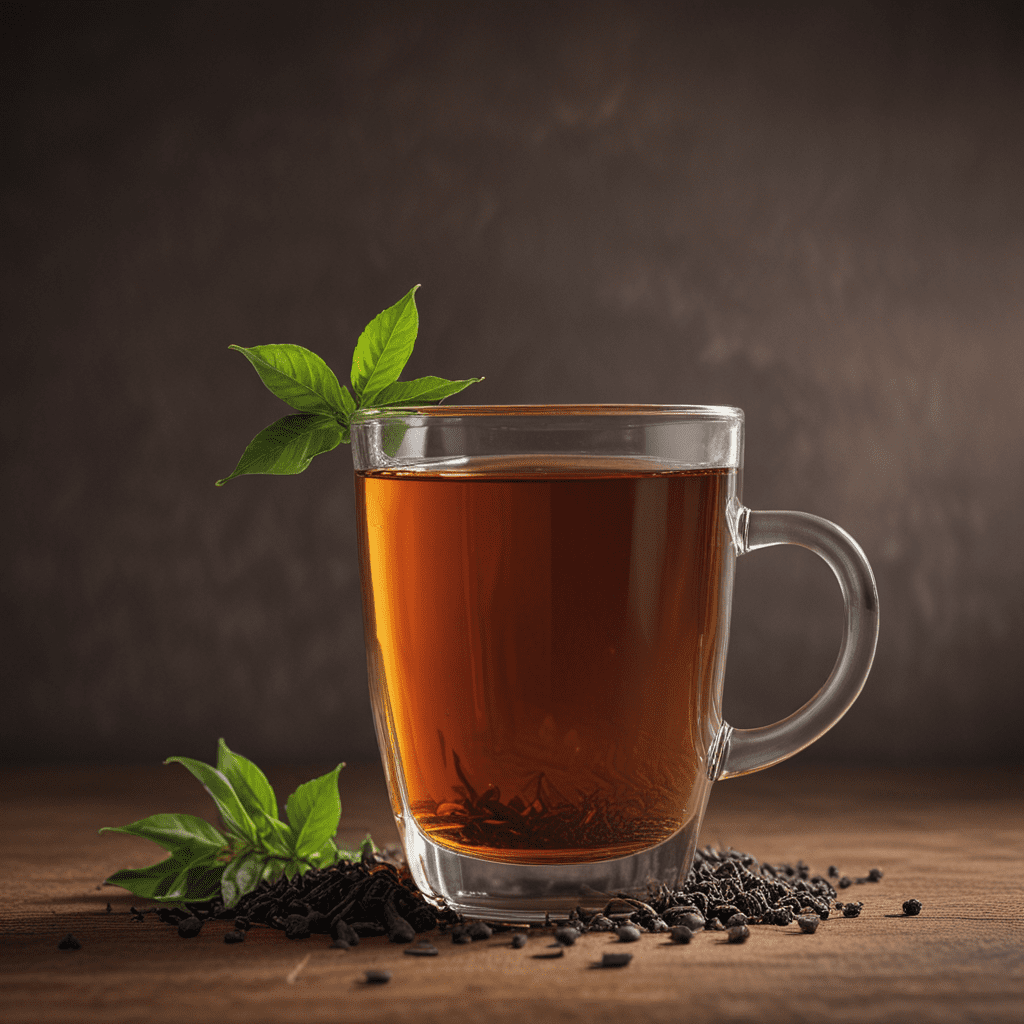
Introduction: The Allure of Ceylon Tea
Ceylon tea, renowned for its exquisite flavor and rich history, has captivated tea enthusiasts worldwide. Originating from the verdant hills of Sri Lanka, this aromatic beverage has become an integral part of cultures and traditions across the globe. Ceylon tea ceremonies, steeped in centuries-old rituals and customs, offer a unique and immersive experience that celebrates the art of tea brewing and its profound cultural significance.
The Origins and History of Ceylon Tea Ceremonies
The origins of Ceylon tea ceremonies can be traced back to the ancient tea-growing regions of Sri Lanka. Early civilizations recognized the medicinal and invigorating properties of tea leaves, using them in traditional healing practices and religious rituals. Over time, tea ceremonies evolved into elaborate social gatherings, where families and communities would gather to share in the enjoyment of tea and engage in lively conversations.
Traditional Rituals and Customs
Ceylon tea ceremonies are steeped in a wealth of traditional rituals and customs. The preparation of tea is considered an art form, with meticulous attention paid to every step. Freshly picked tea leaves are carefully sorted and graded, ensuring the highest quality. The tea is then brewed in traditional earthenware pots, known as "chatties," using a delicate balance of water temperature and steeping time. Each ceremony is infused with a sense of reverence and respect, honoring the ancient traditions of tea brewing.
The Art of Tea Brewing: Preparation and Etiquette
The art of tea brewing in Ceylon tea ceremonies is a delicate and precise process. The tea master, often a respected elder or experienced tea connoisseur, expertly controls the temperature and steeping time to extract the optimal flavor and aroma from the tea leaves. The etiquette surrounding tea ceremonies is equally important, with specific rules governing the serving and consumption of tea. Guests are expected to show gratitude and appreciation for the tea master's skill and the opportunity to partake in this cultural experience.
The Sensory Experience: Aroma, Taste, and Appearance
Participating in a Ceylon tea ceremony is a multi-sensory experience that engages all the senses. The rich aroma of freshly brewed tea fills the air, tantalizing the olfactory senses. The first sip reveals a complex symphony of flavors, ranging from delicate floral notes to robust earthy undertones. The tea's appearance, with its vibrant golden-amber hue, adds to the overall aesthetic appeal of the ceremony. Each sip offers a unique and unforgettable sensory journey.
Cultural and Social Significance: A Time for Connection
Ceylon tea ceremonies transcend mere beverage consumption; they serve as a significant social and cultural event. Traditionally, tea ceremonies were held in communal spaces, bringing communities together. Guests would gather around a central table, sharing stories, laughter, and the warmth of shared tea. This practice fosters a sense of belonging and strengthens social bonds, making tea ceremonies an integral part of Sri Lankan culture.
The Health Benefits of Ceylon Tea: From Relaxation to Revitalization
Beyond its exquisite taste and cultural significance, Ceylon tea is renowned for its numerous health benefits. Traditionally, tea leaves have been used in Ayurvedic medicine to treat various ailments. Ceylon tea contains antioxidants known as polyphenols, which have been linked to reducing inflammation and protecting against chronic diseases. It can also promote relaxation, boost cognitive function, and improve digestion. The presence of L-theanine, an amino acid, provides a calming effect without causing drowsiness.
Modern Adaptations and Innovations: Tea Ceremonies Evolve
While Ceylon tea ceremonies rooted in tradition, they have also witnessed adaptations and innovations over time. Modern tea ceremonies may incorporate elements of contemporary art, music, and design. Some tea masters have experimented with new tea blends and brewing techniques, creating unique and contemporary tea experiences. These modern adaptations cater to evolving tastes and preferences while preserving the core principles of Ceylon tea ceremonies.
Experiencing a Ceylon Tea Ceremony: A Guide for Visitors
For those seeking an immersive cultural experience, participating in a Ceylon tea ceremony is highly recommended. While customs may vary slightly depending on the location, visitors can expect a warm welcome and an opportunity to witness the art of tea brewing firsthand. Respectful behavior and adherence to local protocols are essential during the ceremony. Visitors are encouraged to ask questions and engage with the tea master to gain a deeper understanding of the cultural significance and traditions surrounding Ceylon tea ceremonies.
Conclusion: The Enduring Legacy of Ceylon Tea Ceremonies
Ceylon tea ceremonies are a testament to the enduring legacy of Sri Lankan tea culture. Steeped in tradition and infused with cultural significance, these ceremonies offer a unique and immersive experience that transcends mere beverage consumption. From the meticulous preparation and exquisite taste to the social and health benefits, Ceylon tea ceremonies continue to captivate tea enthusiasts worldwide. As modern adaptations emerge, the core principles of these ceremonies remain intact, ensuring their enduring relevance in the world of tea.
Frequently Asked Questions (FAQs)
Q: What is the difference between Ceylon tea and other types of tea?
A: Ceylon tea comes exclusively from Sri Lanka and is renowned for its unique flavor profile and high quality. It offers a balance of strength, aroma, and taste.
Q: How can I find a Ceylon tea ceremony near me?
A: Check with local tea shops, community centers, or tourist information offices in Sri Lanka. Some hotels and resorts also offer tea ceremonies as part of their cultural experiences.
Q: What should I wear to a Ceylon tea ceremony?
A: Dress modestly and respectfully. Loose, comfortable clothing is recommended to allow for easy movement during the ceremony.
Q: Can I take pictures during the tea ceremony?
A: It is polite to ask for permission from the tea master or host before taking any photographs.


